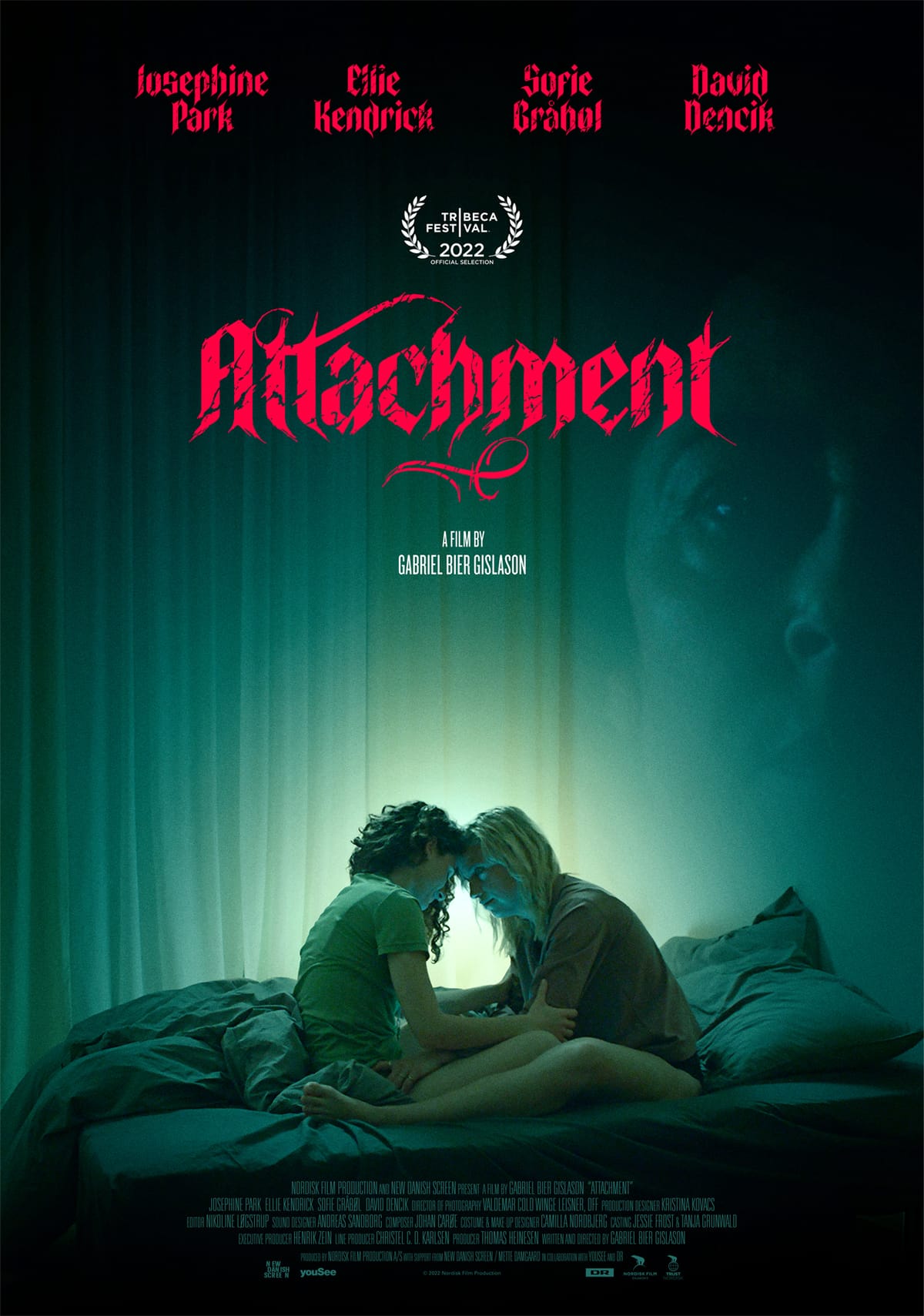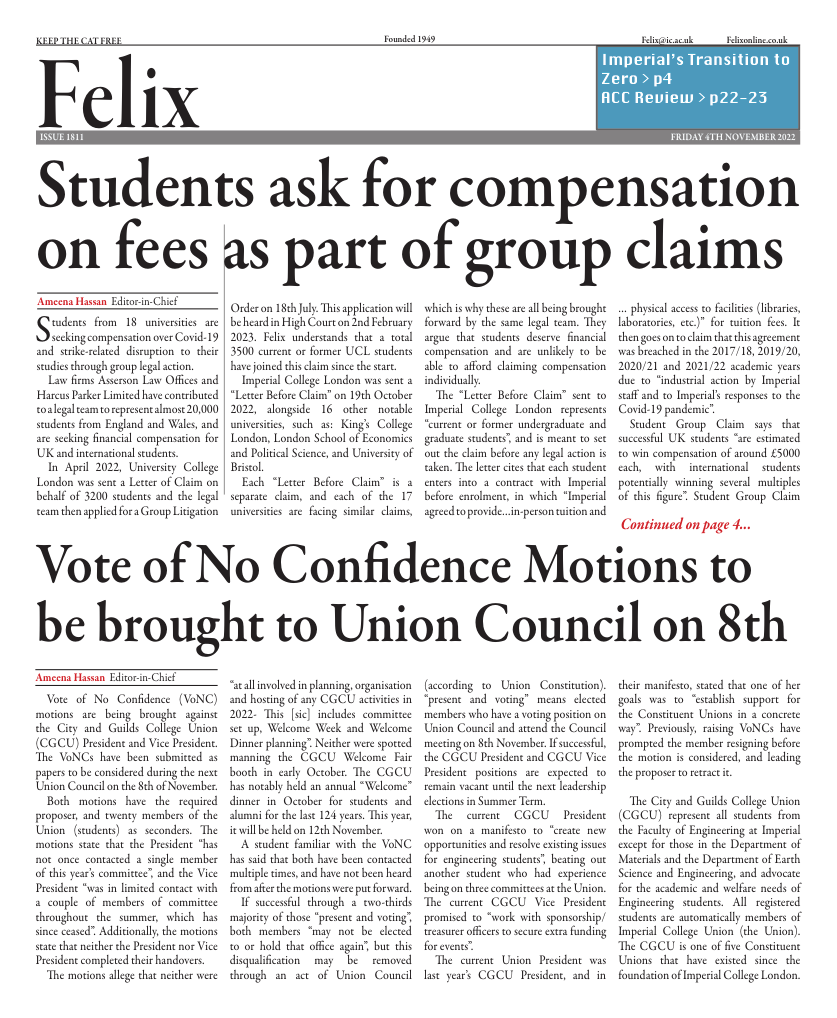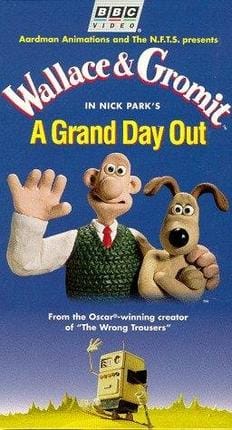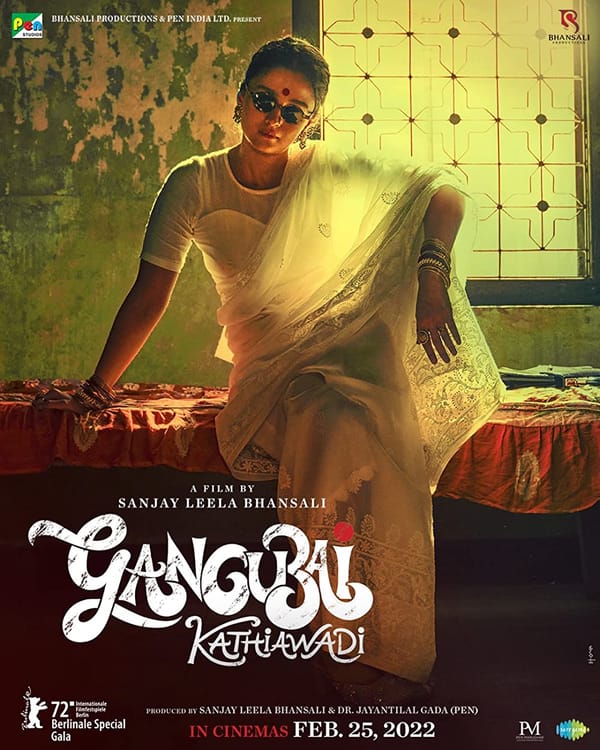Attachment | Natten har øjne
Film Editor Jonah Hewett presents a review of a Danish horror film from the BFI London Film Festival

The Exorcist, The Conjuring, The Omen, Rosemary’s Baby, The Conjuring 2, The Nun. The horror genre is rife with Christian imagery and folklore. It’s not surprising that a genre of films that aim to scare or unsettle us would draw largely on the stories and ideas that have been used to scare us into piety and repentance for hundreds of years, or subvert the associated morals that form the foundation of our modern society. From the start, horror drew directly on religious themes; Mary Shelley’s Frankenstein, a cautionary tale about man’s hubris in attempting to create life, and the dangers of rationalism being divorced from a codified morality. But there’s an incredibly deep folklore that is rarely depicted in modern film, which is that of Judaism, or more specifically Kabbalism, which refers to old traditions of Jewish mysticism. Attachment takes the classic horror staple of demonic possession and rehomes it in this rich mythology.
Attachment, or Natten Har Øjne (The Night Has Eyes), is an irreverent Danish horror rom-com directed by Gabriel Bier Gislason, his feature debut. The film draws us in with a classic example of international girl meets girl, as struggling Danish actor Maja ( Josephine Park) bumps into British exchange student Leah (Ellie Kendrick) at a local library, who promptly drops an armful of books. A couple of days and drinks later, and Leah has effectively moved in. Not long after that, a lovestruck Maja is accompanying Leah back to her townhouse in Stamford Hill, an area of London home to Europe’s largest Hasidic Jewish community, that she shares with her Danish - and quite orthodox - mother (Sofie Gråbøl). Speaking at the London Film Festival, Kendrick herself, who identifies as lesbian, emphasised this use of the now common cultural joke of the ‘U-Haul lesbian’. Altogether though, Attachment does a great job of not making a big deal out of its same-sex relationship – at least, as much as it can be avoided in the Orthodox Jewish setting.
Gislason (who is Jewish himself ) admits that he took some creative license with the depiction of the Hasidic community, focusing on evoking a shared cultural experience that playfully leans on stereotypes rather than a fully accurate account of life in Stamford Hill. Sofie Gråbøl is excellent in the role of the overbearing Jewish mother, for whom “everything is always a matter of life and death” – although, in this film, it really is. As unique as the premise is, it’s the cast that really brings this film to life. The chemistry – and tension – between the three women, cooped up in a small London town house, brilliantly captures the stark cultural contrasts. Themes like that seem to come naturally to Gislason, who has spent time living in both Copenhagen and London. You can tell; we experience life in Maja’s shoes as she leaves her bright, modern Scandinavian apartment and finds herself in front of the kind of grey, Victorian terraced house that I’m sure we’re all very familiar with. The culture shock expertly embodied by the bewildered authenticity and Danish reticence that Josephine Park brings to a role that was, literally, written for her.
Love is the other central theme in Attachment. Both the passionate and confusing love of a whirlwind relationship, and the powerful and sometimes stifling love between a mother and her daughter. In translating those emotions to horror, and ideas of uncertainty and distrust, Attachment foregoes loud jump scares and harsh cuts in favour of a slow tension and a patient spookiness, and it does it very well. One of the few critiques that I could offer of this film was that it could perhaps throw itself a little deeper into the horror, especially towards the third act, although that certainly isn’t to say that Attachment isn’t plenty creepy. It's equal-parts incredibly touching and nerve-wracking, and expertly balances it’s fusion of genres to generate a refreshing and memorable experience that is well worth a watch, if you can find somewhere to watch it.









